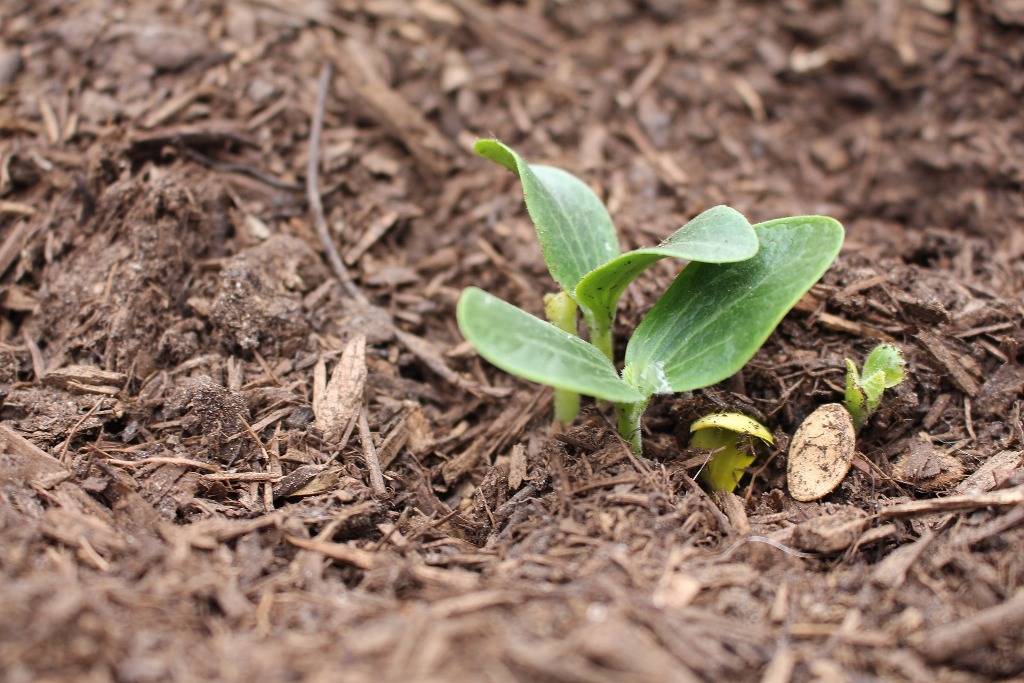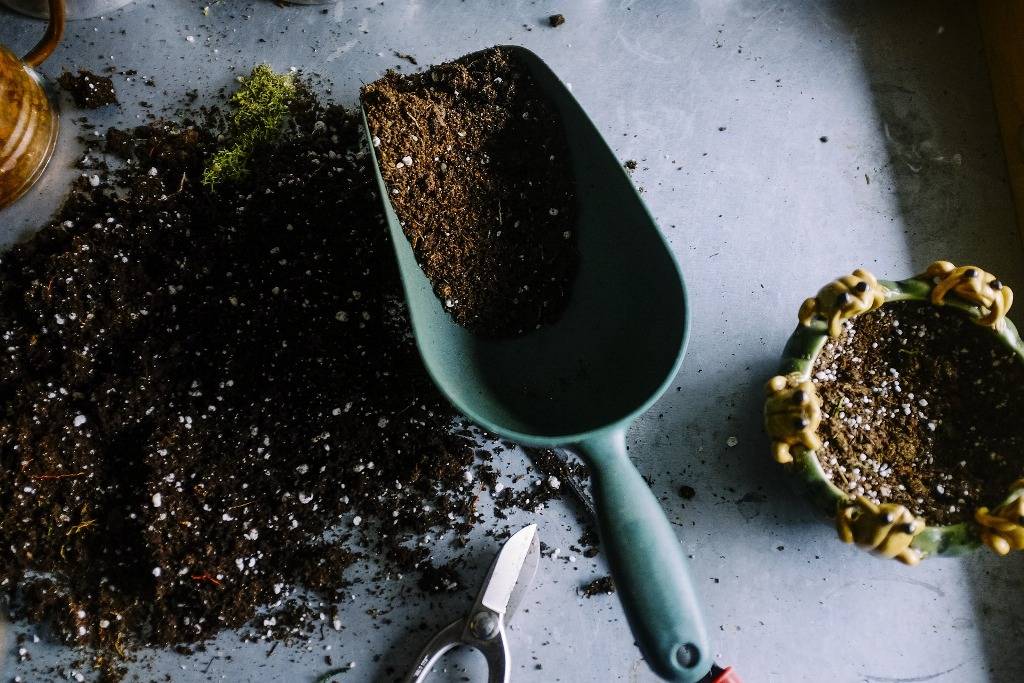
Biologicals are a small, but vital, part of crop protection. In the market, these are one of the fastest growing product categories. Biologicals are widely used across the world on a range of crops like vegetable, fruits, nuts, and more.
Benefits of biologicals
They offer a solution to sustainable farming. They increase crop quality and yields. They help in better pest and disease management in crops. Do you know biologicals are usually exempted from Maximum Residue Limits? This makes it easier to export crops that are treated with biologicals.
Biologicals are mostly derived from microbes and natural substances. There is a wide range of biologicals.

Biochemicals:
These contain plant extracts and by-products of fermentation processes. These can be fungicides, insecticides, herbicides, or nematicides. They can be applied to the crop directly or as a seed treatment. Semiochemicals, which are insect pheromones, are special products in this group.
Microbials:
These are microorganisms like fungi, bacteria, algae, viruses, or protozoa.
Macrobials:
These are live organisms like mites, nematodies, and predatory insects.
Biostimulants
These are biochemical or microbial products meant to increase crop performance. They work by stimulating the natural processes within crops to reduce the effect of plant stresses like drought, enhance the quality of crops, and make the use of nutrients more efficient. Biostimulants strengthen the natural defense mechanism of a crop. This can lower incidences of pests and diseases.
Biofertilizers
These are typically meant to increase nutrient uptake in crops. They also keep the soil naturally healthy.
Using biologicals
Just like other crop protection solutions, biologicals must meet a certain safety standard and should be strictly regulated. Most biologicals are designed for use in both traditional farming and organic farming.
Choice of biologicals is important. For instance, a specially chosen mix of soil microbes effectively breaks down crop residues post-harvest and helps in the release of nutrients for the next crop. Another example is a product with mycorrhizal fungi that replenish depleted soils and help to enhance the health of plant roots.
Biologicals help farmers get more sustainable and better alternatives for crop protection measures. They contribute to the safety of the environment and of human health.
Biologicals hold the potential to increase the resilience of agriculture so that it can meet the food security challenge. The increasing demand for biologicals also promises a better future in agriculture and a good market for these products.












